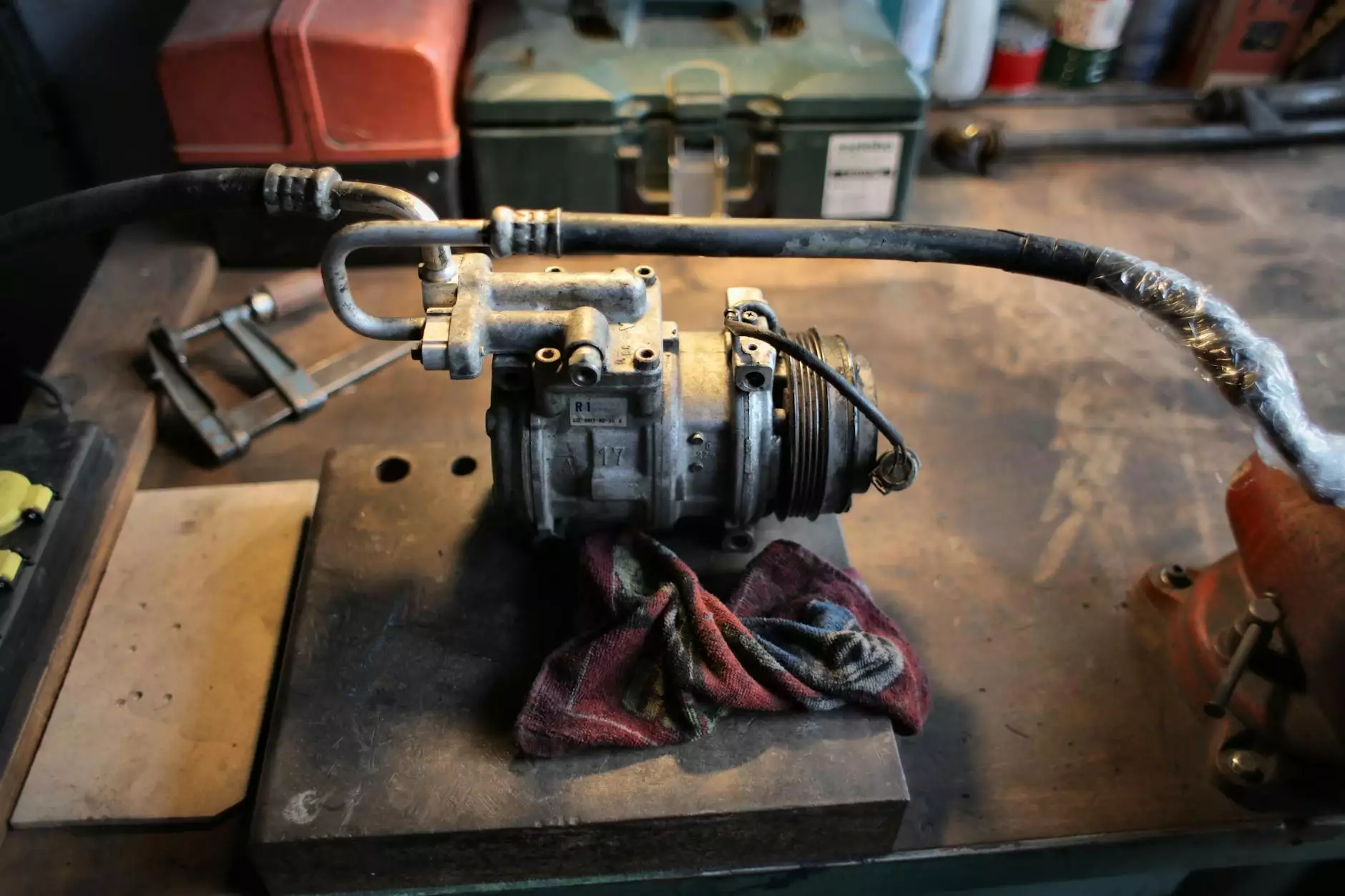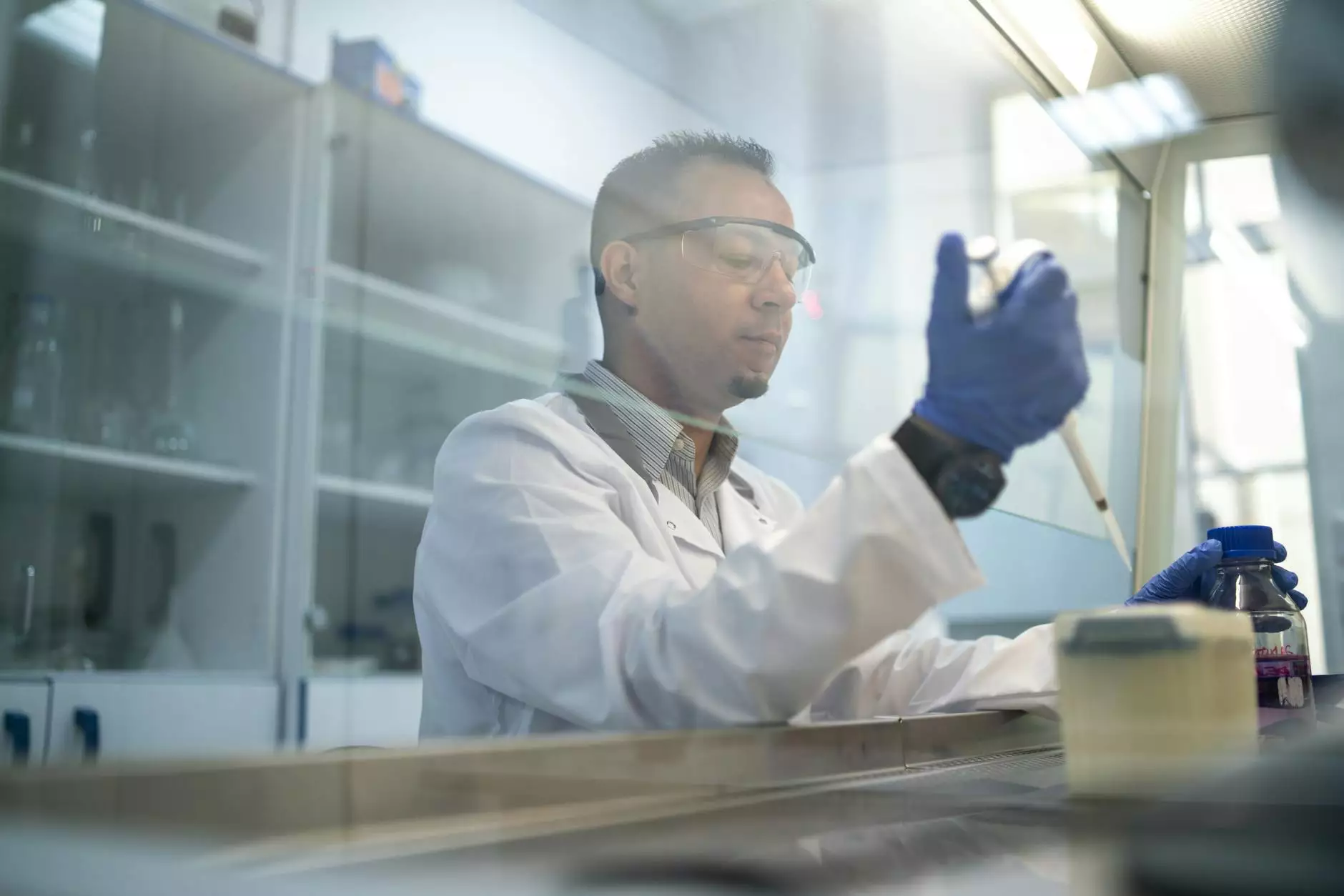The Revolutionary Impact of "обработка полей дронами" in Agriculture

обработка полей дронами (field processing with drones) has emerged as a transformative technology in the field of agriculture, greatly enhancing crop management and agricultural efficiency. Drones, or unmanned aerial vehicles, equipped with advanced sensors and imaging capabilities, are revolutionizing the way farmers monitor, analyze, and tend to their fields. The integration of drones has streamlined processes, increased productivity, and optimized resource utilization.
Enhancing Precision Agriculture
One of the key benefits of обработка полей дронами is its ability to enable precision agriculture. By capturing high-resolution images and data from above, drones provide farmers with valuable insights into the health and condition of their crops. This information allows for targeted interventions, such as precise application of fertilizers, pesticides, and water, leading to optimized yield and minimized environmental impact.
Optimizing Crop Monitoring
Drones equipped with specialized sensors, such as multispectral and thermal cameras, offer detailed and real-time monitoring of crop health. Farmers can detect early signs of stress, disease, or nutrient deficiencies, enabling prompt action to be taken. The ability to monitor large agricultural areas efficiently and accurately enhances decision-making and overall crop quality.
Improving Field Mapping and Analysis
Through advanced mapping software and data analytics, обработка полей дронами facilitates precise field mapping and analysis. Farmers can generate detailed maps of their fields, including elevation, soil composition, and vegetation indices. These insights help in identifying optimal planting patterns, irrigation layouts, and crop rotation strategies for improved long-term sustainability.
Increasing Operational Efficiency
By automating tasks that were traditionally time-consuming and labor-intensive, drones contribute to significant improvements in operational efficiency. The speed and accuracy with which drones can cover vast agricultural landscapes reduce manual effort and operational costs. This efficiency allows farmers to focus on strategic decision-making and crop management rather than mundane field inspections.
Empowering Sustainable Agriculture
обработка полей дронами plays a crucial role in promoting sustainable agriculture practices. By enabling targeted and resource-efficient interventions, drones help reduce chemical usage, minimize water wastage, and increase crop resilience. The data-driven approach facilitated by drone technology supports environmentally friendly farming techniques while ensuring long-term productivity and profitability.
Conclusion
In conclusion, the adoption of обработка полей дронами in agriculture represents a paradigm shift in modern farming practices. The integration of drones enables farmers to make data-driven decisions, optimize resources, and enhance overall crop management. By harnessing the power of drone technology, agricultural businesses can boost productivity, sustainability, and profitability in an ever-evolving industry landscape.









